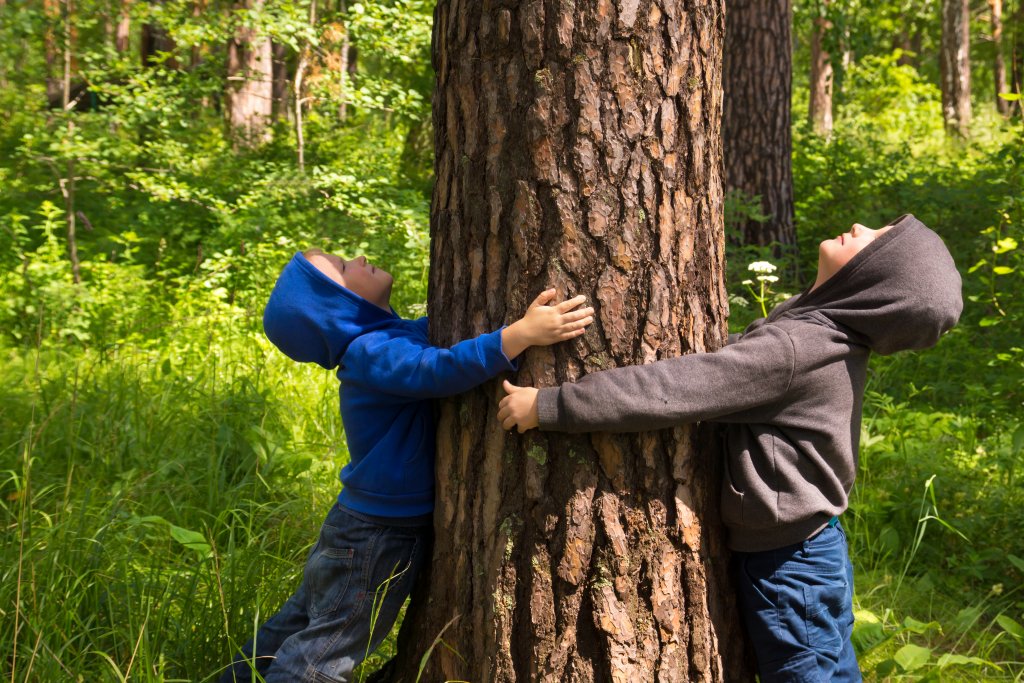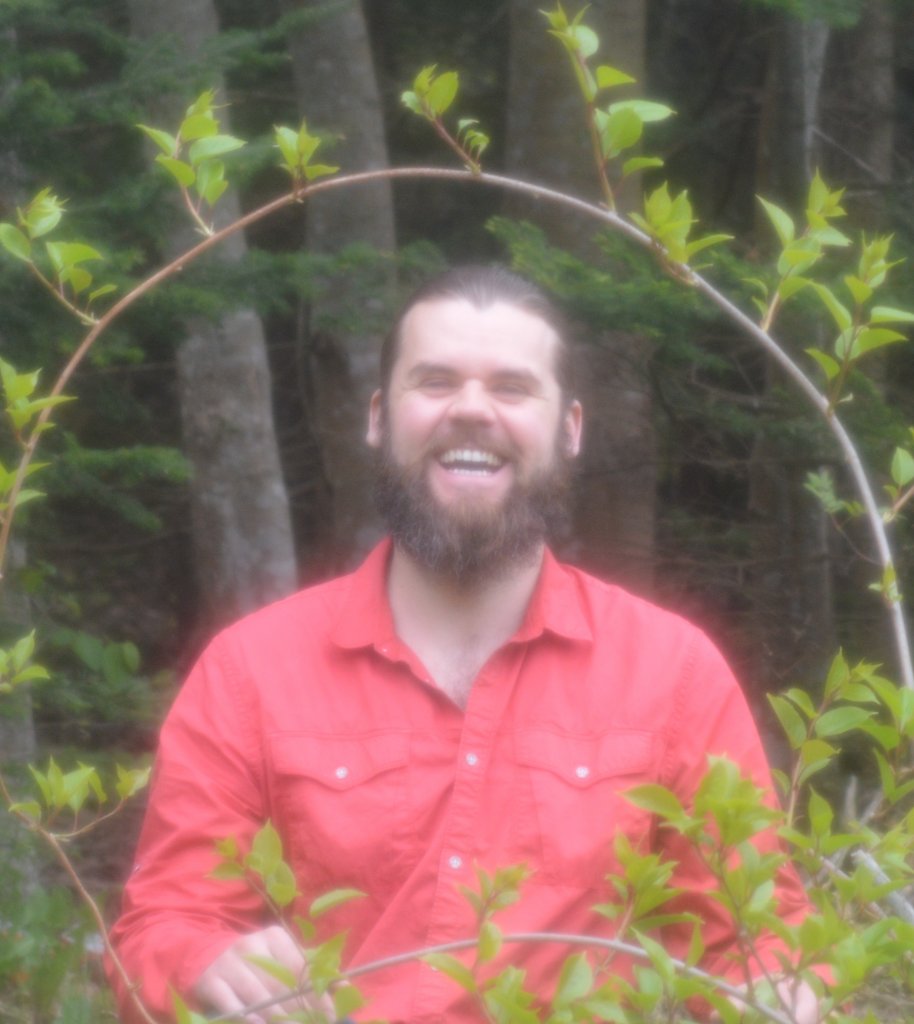Cultivating a Child’s Wholesomeness

Little Green dinosaur boots went stomping as he sent out little shrieks of excitement. I watched my son of not quite two years old make his way toward the backyard. The air was mild cool and the dew had melted from it’s midnight frost. I spied a small earthworm wriggling on the pavement. “Look Ben, what’s that?”. He came over and crouched down. The small pink worm was slinking, vulnerable and exposed against the dark asphalt driveway. In a moment I saw Ben’s curiosity turn into “I know not what” and he stomped down hard with his monstrous little dino boot. “Ben, No”… The worm was injured. It’s writhing of search turned to agony. It was still. I took the frozen worm into my hand. “Ben, be nice… gentle”. I began caressing the little worm. Ben did the same. It began to perk up. It moved around searching again. Maybe only one if its five hearts had broken.
Children are full of seeds. Seeds of compassion and aggression, of sorrow, irritation, bravery and enthusiasm. When some seeds seem so hard to work with what can we do to water the wholesome ones our children? Which good seeds do we unknowingly cause to shrivel up? Is there value in each of our child’s seeds? Oh how our little garden grows.
Awareness
The seed of awareness is a primary seed we have. In young ones, awareness arises when they hear our tone of voice. Did they turn to smile at us (or startle and hide what they were doing?) Children make plenty of mistakes. As adults we can choose to give them time and understanding, they are young and we help them along. We try to be good role models. Though I admit my seed of patience gets tired when my son won’t quit attempting to exit his crib at bedtime.
Emotions are important things to become aware of as well. How can we cultivate this in children? My father would play this game with me; He would say “Show me happy”, “Show me sad”, or “Show me angry”. I would excitedly oblige, making faces at him and I loved all the attention. Labeling our emotions helps them to become workable. “Are you feeling hurt?” “Are you feeling lonely?” Giving a child the vocabulary to describe emotions is really handy. They will begin to tell us how they feel instead of us having to guess.
Kindness
The seed of kindness is not the same as niceness. It is it’s own seed with it’s own unique character. As parents, how would we model this kindness? Kind words, thoughts and actions are unmistakable. When your child tells you “Mommy no cry” and gives you a hug, that is tender kindness. You can feel real kindness when it is there, it is very special. Can we ask ourselves, What is my intention with kindness? If it is to avoid blame or to look good in the eyes of others is it really kindness? Genuine and resilient kindness is like a wish that can transform another person’s suffering, like comforting our hurt little earthworm. When we have the capacity, kindness can sooth fresh wounds and old ones too.
Empathy
My son and I were watching the Pixar short Bao. The mom in the film was curled up and crying. Ben turned to me with a very sad look. He pointed at the screen and said “Cry-ing”. I replied “Yes, she’s crying”. Ben nodded, “Hurt” and he pointed to his chest.
Empathy is an action word. The act of understanding another’s view, thoughts and feelings. Empathy expresses itself in many ways. Sometimes as detached analysis. “I see how you could think that”, or vicarious experience (as when we start to laugh or cry because another is doing so). Empathy opens the door to the uncomfortable and the vulnerable. This can feel dangerous. After all, who wants to feel exposed like the little worm on the pavement? How much empathizing would leave us feeling undone? We wouldn’t want to wallow in pity. However, it is empathy that allows us to share our joy at birthdays or weddings and our sorrows at a funeral. Sometimes tears must fall to make love grow. To cultivate empathy is to be brave, and is a primary link between our world and our little one’s.

About the Author
Robert Calder is a psychology graduate, loving father, seasoned youth mentor and nature enthusiast in Fredericton NB. Passionate about providing wholesome nature experiences for kids and teens, Robert builds forest school curriculum and mentors at Cedar Brook Forest School.
